Cleaning the dishwasher filter
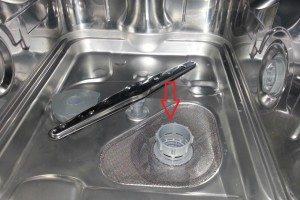 After washing plates, pots and cutlery, grease and sometimes food residues remain in the dishwasher. If they are not removed in time, the dishwasher will work poorly, or even fail altogether, displaying some kind of error on the display. Therefore, it is important to know how not only to wash the PMM, but also how to clean the filter in the dishwasher. Let's figure out where it is and how often it needs to be washed
After washing plates, pots and cutlery, grease and sometimes food residues remain in the dishwasher. If they are not removed in time, the dishwasher will work poorly, or even fail altogether, displaying some kind of error on the display. Therefore, it is important to know how not only to wash the PMM, but also how to clean the filter in the dishwasher. Let's figure out where it is and how often it needs to be washed
Timely care is very important
To ensure that less dirt remains in the dishwasher after washing, food residues must first be removed from the plates. Otherwise, the filter will quickly become clogged. And this can lead to the fact that the drainage of water from the machine will be slowed down, and the washing process may be delayed. It’s even worse if the water does not drain at all and flows by gravity through the dishwasher door. This whole process may also be accompanied by noise and strange sounds.
Remember! Unwashed food remains are a breeding ground for microorganisms that will lead to an unpleasant odor, and this problem is difficult to deal with.
So, it is important to promptly clean both the garbage filter and the dishwasher as a whole so that it lasts longer and pleases you with the results of its work. Few dishwasher manufacturers have begun to produce models with self-cleaning filters, but this does not mean that you should not know how to wash it manually if necessary.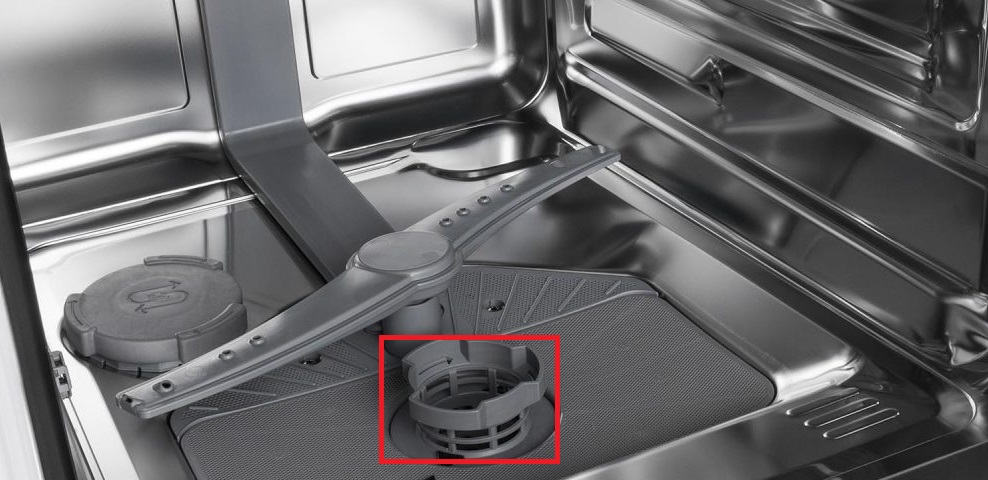
Where to look for the filter, how often does it need to be cleaned?
In almost all dishwashers, the cleaning filter is located at the bottom of the dishwasher tank. Next to it is a rocker for spraying water. Finding these parts of the machine is not difficult, just look inside and pull out the lower basket for dishes.Underneath it you will see a plug from the garbage filter.
Before removing the filter, be sure to unplug the dishwasher and wipe off any excess water from the bottom of the appliance. Then turn the filter cover to the left, that is, counterclockwise, and carefully lift it up. Now the part needs to be washed under running water or in a separate container. In this case, you can use any liquid dishwashing detergent to not only get rid of debris, but also grease and odor.
The frequency of cleaning the dishwasher filter depends on the frequency of its use, so see for yourself when you need to wash the filter. About once every two weeks when the machine is turned on daily. But if you forget about this procedure, then a problem will definitely appear.
Cleaning the bunker from dirt
After cleaning the garbage filter, you can proceed to washing the dishwasher hopper. Can you tell me why this is necessary if water and detergent were sprayed in it for several hours? In fact, maintenance is required, because traces of dirt can remain on the walls, and limescale deposits from water also appear. And care will not require excessive effort from you, here are several ways to wash the PMM.
- Hydrogen peroxide combined with baking soda. To do this, take 230 g of soda and 2 tablespoons of peroxide, and form a ball from the resulting mass. Place this ball on the bottom of the machine, and then start the high temperature mode. Sometimes the procedure needs to be repeated so that all the plaque on the walls is dissolved and washed off.
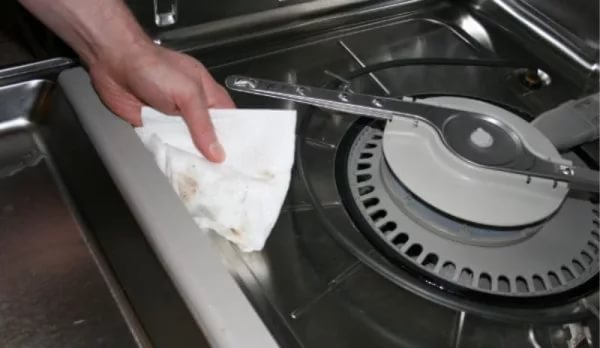
- Vinegar combined with soda. You need to pour one glass of vinegar into the dishwasher dispenser, and sprinkle a layer of baking soda on the bottom of the bin. Then turn on the dishwasher for a long cycle.At the moment when the water inside heats up, the PMM should be paused and left for 30 minutes if the pollution is weak, or overnight if the pollution is strong. When the time has expired, continue the program.
- Lemon acid. About 200 g of lemon is poured onto the bottom of the dishwasher, after removing the dish baskets from it. Start the washing program, you can use the standard one. When half of the program has expired, press the “Pause” button, and after 30 minutes turn it on again. It is often impossible to wash the washing machine in this way, since lemon juice has a negative effect on the rubber seals.
If you are afraid to use cheap household chemicals, you can use factory-made cleaning products. Fortunately, they are sold in a large variety in stores.
Interesting:
Reader comments
- Share your opinion - leave a comment

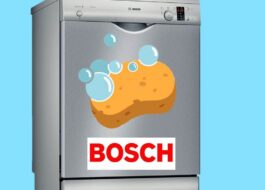



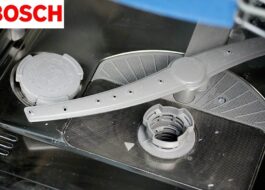
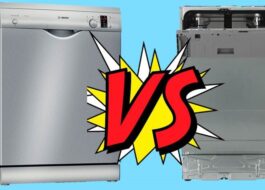


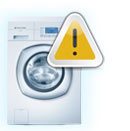
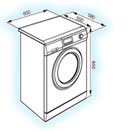


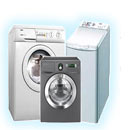
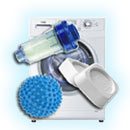


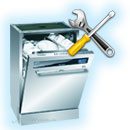
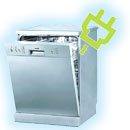
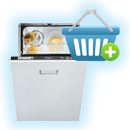

Add a comment